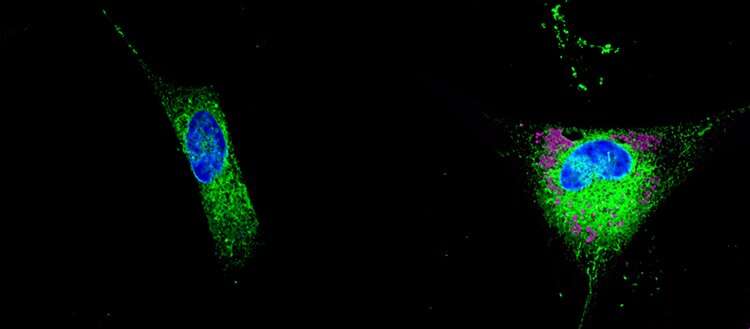
Neurons in the brain coexist with and rely on many other cell types to function properly. Astrocytes, which take their name from their star shape, ensure the survival of neurons by feeding and detoxifying them with the help of a multifunctional protein, APOE. One of three forms of this protein, APOE4, significantly increases the risk of developing Alzheimer’s disease, but the mechanisms at play are unknown. A collaboration between the University of Geneva (UNIGE), the European Molecular Biology Laboratory (EMBL), the University of Zurich and the pharmaceutical…




























